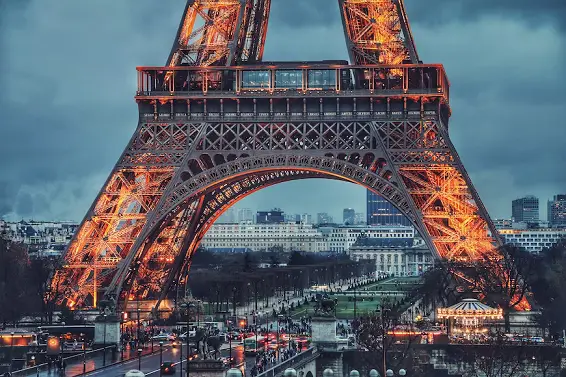The French national statistics bureau Insee published data showing that in April, French inflation was supercharged by a surge in energy prices.
On an annual basis, consumer prices rose by 5.9% in April, up from 5.7% in March, according to the new data. Energy price growth jumped to 6.8% last month, following a 4.9% jump in March, mostly off the back of rising fuel costs.
At the same time however, the increases in gas prices eased, from 35.6% in March to 22.9% year over year in April.
Food prices increased 15% year over year in April, just below the March level of 15.9%. The decrease was due to the seasonal decline in the prices of fresh goods. Despite the slower pace of inflation however, Insee economists noted that the higher food costs have had a more significant impact on overall inflation than the increasing energy prices.
Market research firm Elabe has shown that due to inflation, 43% of French consumers have said they have cut back on buying certain foods due to inflation. Among those surveyed, 43% report having cut down on meat, 34% reported buying less fish, and 27% reported giving up on cakes and biscuits. The survey found most French consumers had changed their shopping habits, with 44% choosing cheaper food and buying smaller quantities.
Bruno Le Maire, the French Finance Minister, said in March that he felt inflation would peak in the summer this year, and then begin to ease back. Bank of France Governor Francois Villeroy de Galhau said that inflation across the entire Eurozone remained too high, and it will be the top concern and main priority when formulating monetary policy.
In March, the French government created a so-called “anti-inflation food basket,” made up of about 50 basic items and requested major retailers not hike the prices on any of those staples until June.

